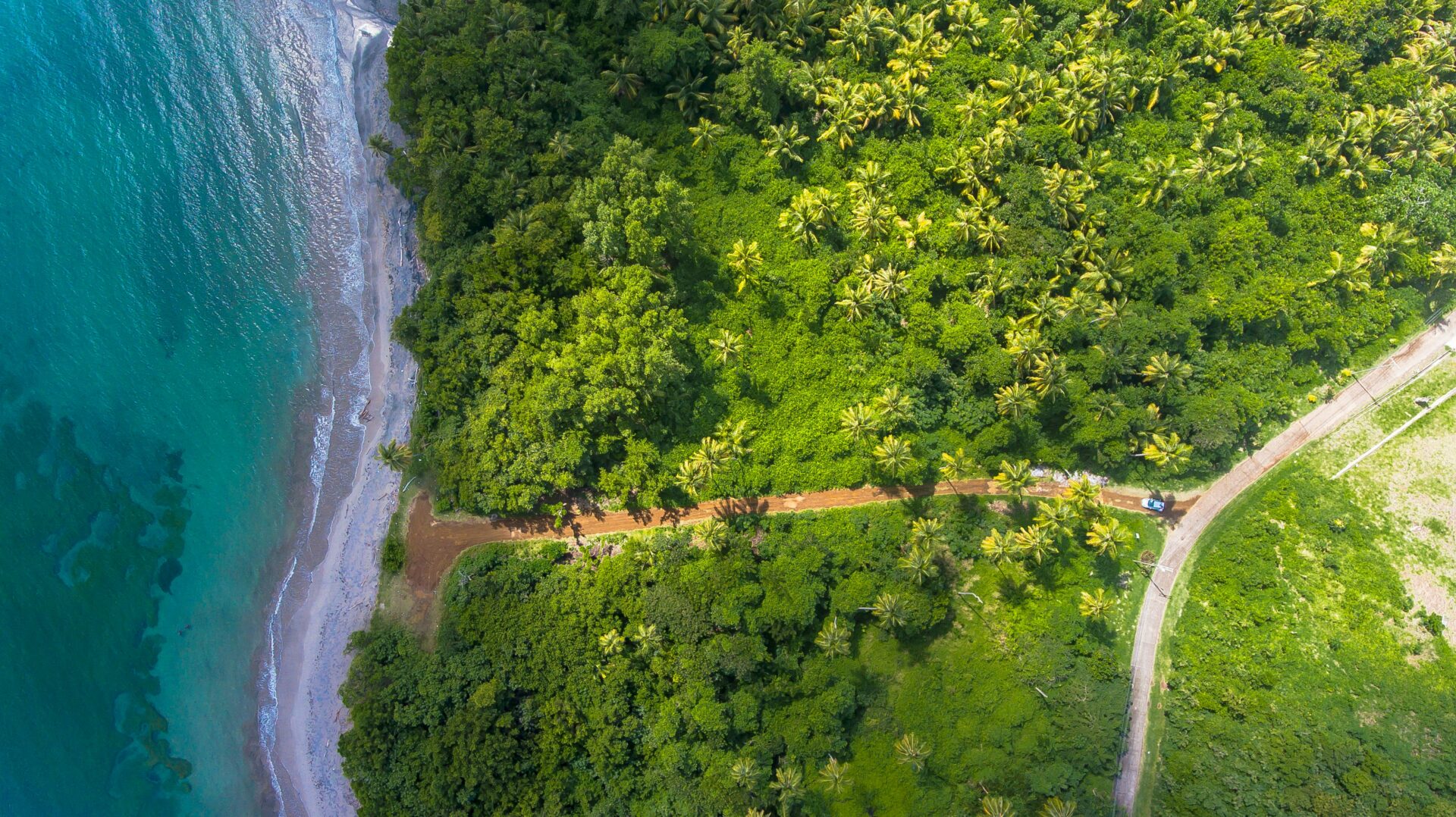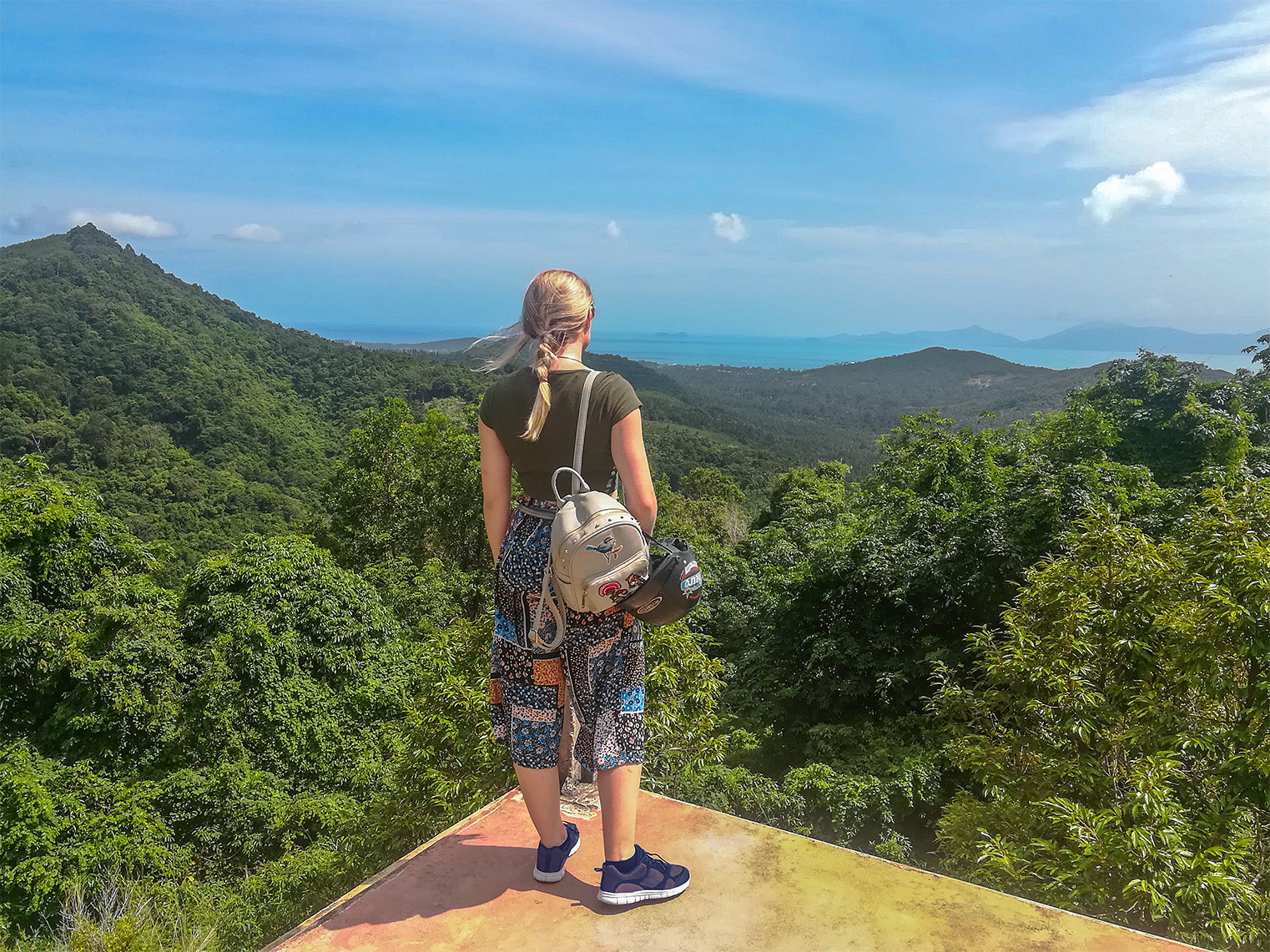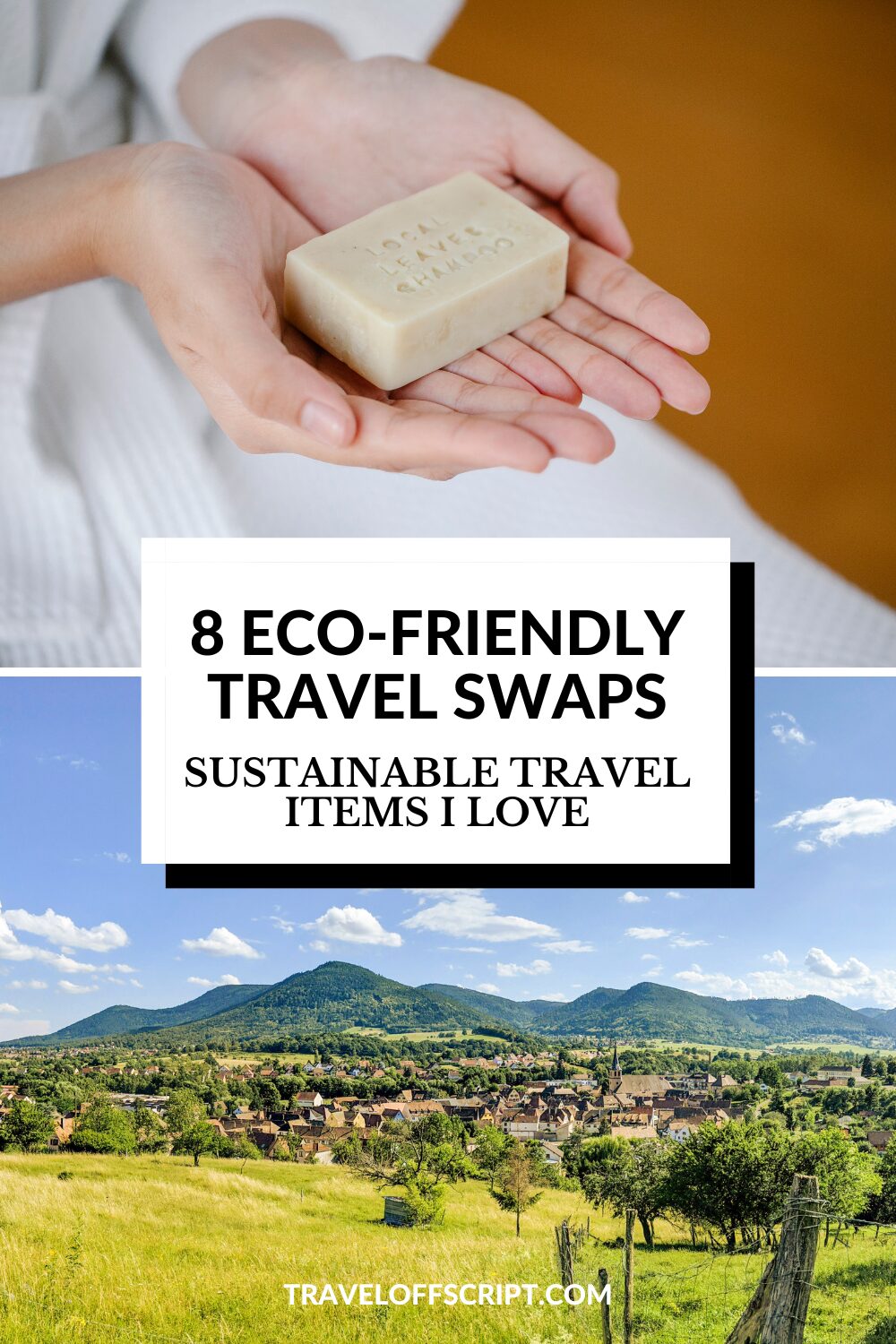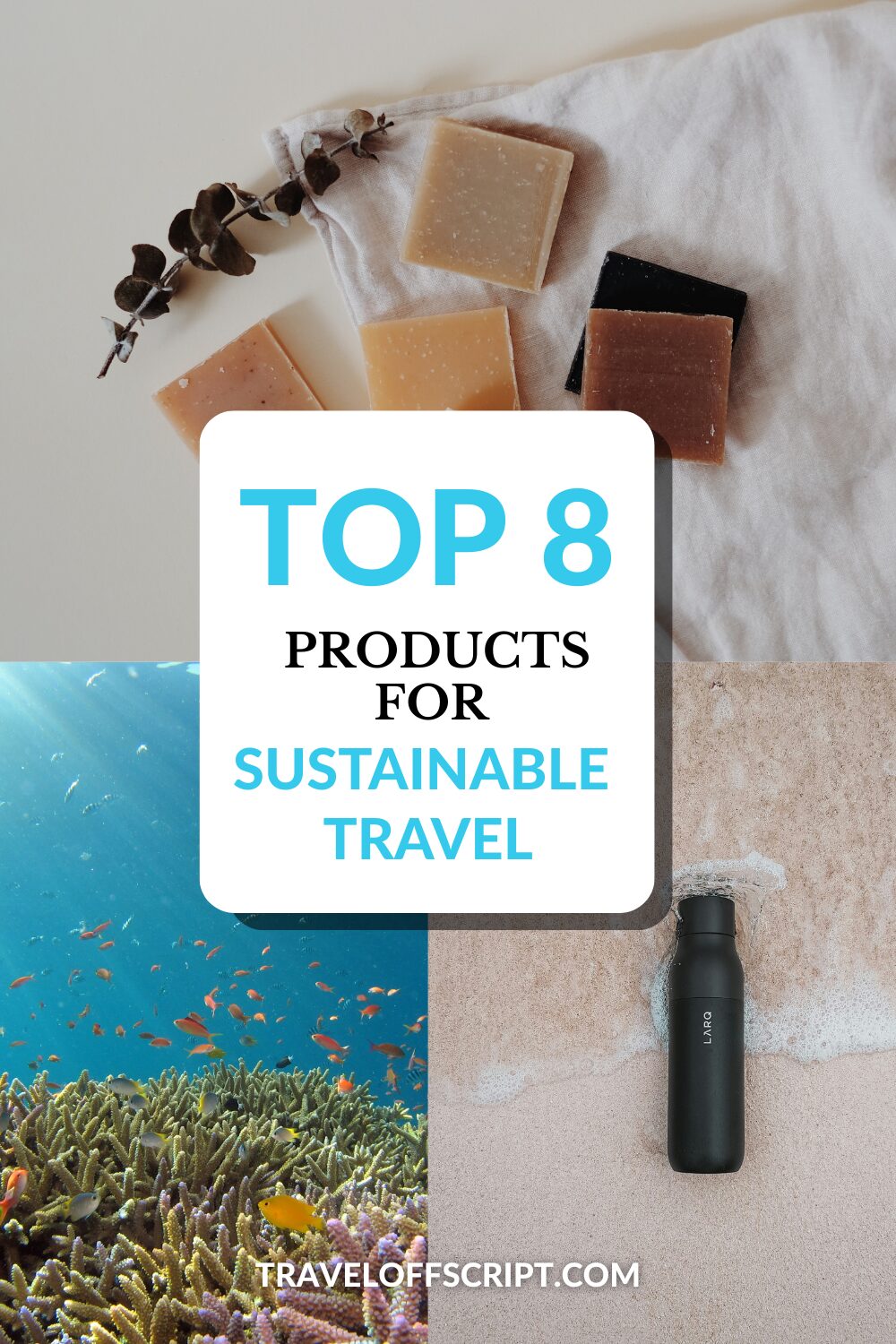Why Is Sustainable Travel Important and How to Travel More Sustainably in 2025 Bell July 24, 2025 No Comments Sustainable travel is …
Sustainable Travel:
8 Easy, Eco-Friendly Travel Swaps I Love
- June 18, 2025
- No Comments
The more you travel, the more important it is to be conscious about the environment and people. You should leave no footprints in the places you visit by minimising your negative impact on both communities and nature. The best way to start is by packing right, so here are my ultimate sustainable travel swaps that I bring on any trip!
Each time we travel, we have an impact on the environment. Both globally and at our destination, where we can affect nature and people. It is important that we minimise this impact as much as possible to protect our favourite destinations for years to come.
I have made quite a few sustainable travel swaps since I’ve started travelling. Some were initially for maybe space or money-saving reasons, but the more I learned about sustainability and travel, the more I made these choices consciously.
Here are my 8 favourite swaps that are super easy and promote more sustainable travel:
Table of Contents
ToggleTop Eco-Friendly Travel Swaps for the Sustainable Traveller
1. Shampoo and Conditioner bars
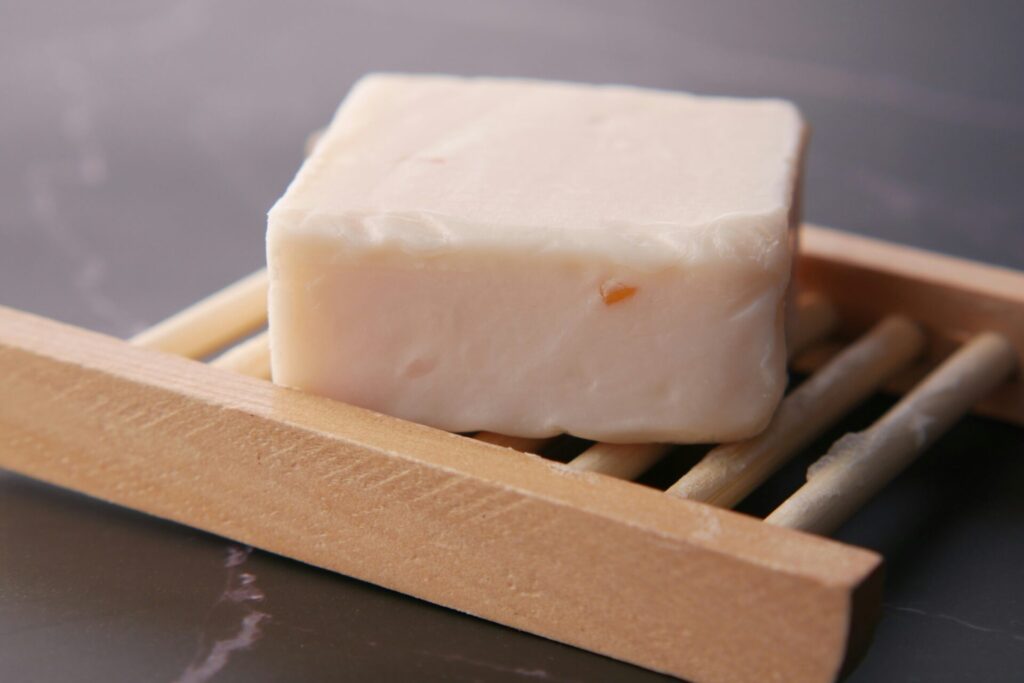
I bought my first Shampoo bar as I had run out of space in my 100ml liquids bag and quickly became hooked. The bar lasted for ages and worked the exact same as regular shampoo. They hence are sustainable, save money and don’t take up any of your liquids allowance. Nowadays, I bring a Shampoo and Conditioner bar for my hair on every trip, as well as a normal soap bar for my body.
Shampoo bars are super sustainable as they use less water and packaging, last much longer and usually contain more eco-friendly materials. I love the shampoo and conditioner bars from Lush and would recommend one of these soap bags for easy storage and to extend the life cycle of your bars.
2. Reusable Water Bottle
A reusable water bottle is such an easy concept but can save so much unnecessary plastic usage. A lot of countries have drinkable tap water, including almost all of Europe, Japan, Canada, Australia, …, hence it is really easy to refill a water bottle. It means you won’t need to keep buying single-use water bottles and are saving a bunch of money – a win-win.
3. Eco-Laundry Sheets
Laundry sheets are an amazing sustainable travel swap – not only do they use much better ingredients for the environment and reduce waste, but also save you space and money while travelling. I always carry a few for my trips and they work great. You can get them here.
4. Reef-safe Sunscreen
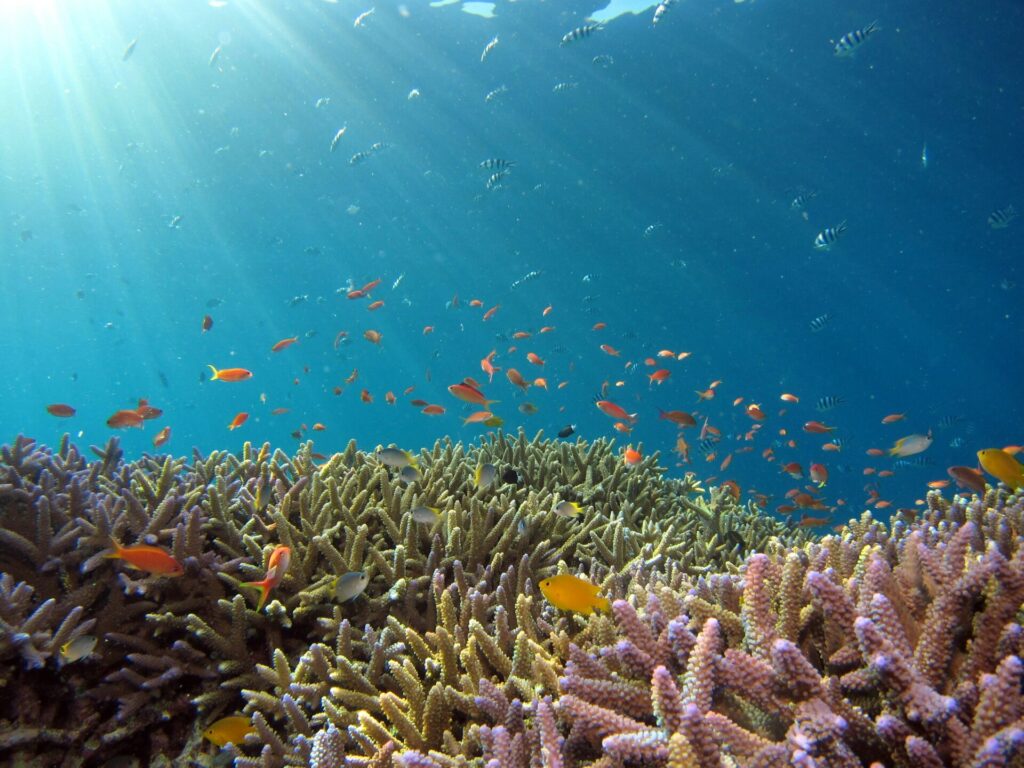
Sunscreen is a must-pack for most holidays, but did you know that a lot of traditional sunscreen can harm coral eco-systems and be partly responsible in the declining health of our reefs? A reef-safe sunscreen usually doesn’t contain oxybenzone and octinoxate which are harmful to reef and instead are mineral-based. However, there is no regulation on the word reef-safe so some companies market their products incorrectly. A good option is for example this sunscreen.
5. Micro-Fibre Towels
Micro-fibre towels are a fantastic travel product – they are super lightweight and quick to dry. In addition, bringing your own towel actually helps with reducing the laundry loads at hotels and hence bringing down water and energy usage. Some hotels will replace towels daily which has led to an average 1,500 litres per room per day usage according to the World Sustainable Hospitality Alliance.
By letting the hotel know you have brought your own and won’t need replacing, you can play a small but important part in reducing this water usage. It’s even more important to have this when staying in hostels as they sometimes charge for towels.
6. Reusable lunch box or silicone bags
Bringing a reusable lunch box or silicone food storage bags are a great way to sustainably handle leftovers or snacks while on holiday. Whether you are looking to bring fruit to the beach or bring the rest of dinner back to the hotel with you for a late-night snack, both these options are reusable and don’t create any extra waste.
Reusable silicone bags are especially great as they are so lightweight and take up no space in your luggage. You can find them here.
7. Tote Bag
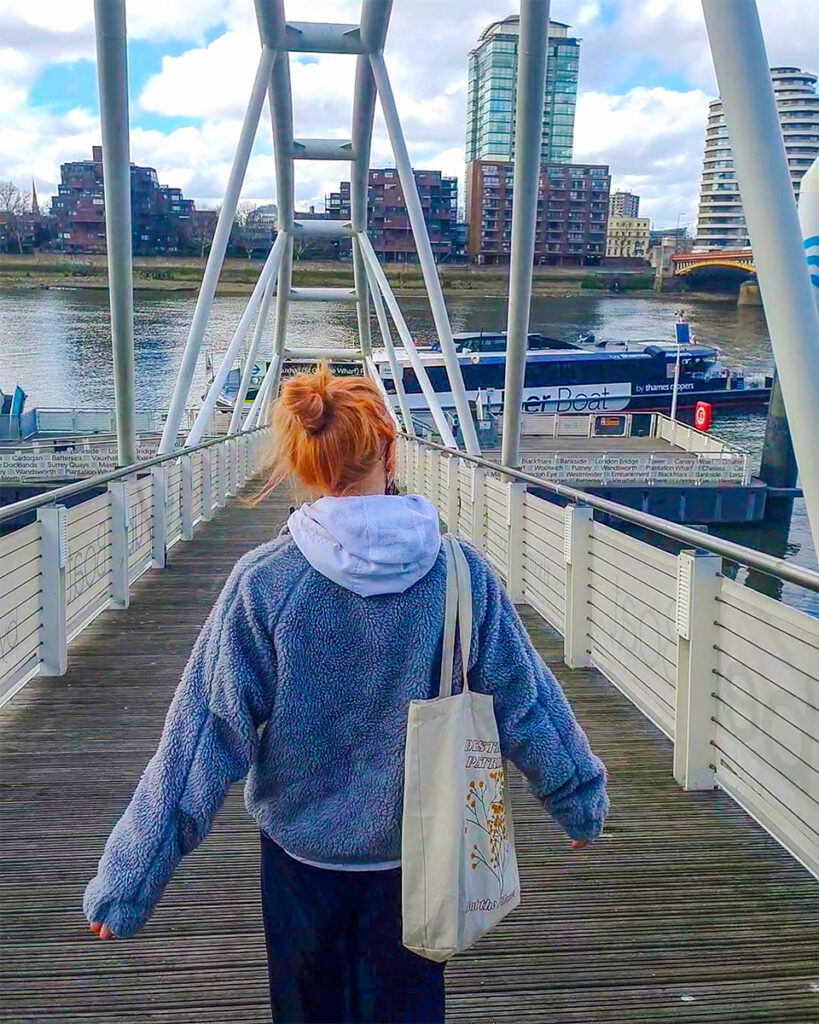
I don’t travel anywhere without a tote bag. Whether for spontaneous shopping trips or to carry some snacks for a day trip, this is something I use practically every day while travelling.
You could also buy this locally to support a small business and give back to the community, or take one you already have and love. Cuts down massively on plastic bag waste!
8. Refillable mini-toiletry containers
Refillable containers for your toiletries are a must-have for anyone that travels. You won’t have to buy small versions of your favourite products anymore which create unnecessary waste, and it will save you a lot of money over time. Check out this set to get started.
FAQ about Sustainable Travel
What is the meaning of sustainable travel?
Essentially, sustainable travel is about minimising your impact on your travel destinations, from local communities to wildlife and the environment. It means adapting travel and tourism so that it can be sustained long-term without any harm to the areas visited.
Sustainable travel is also about creating positive impact, including job creation , wildlife preservation, cultural appreciation and more.
In the simplest terms, you want to protect and sustain these three pillars at any destination:
Environment
Society
Economy
Why is sustainable travel so important?
Travel demand has rapidly recovered since the Covid pandemic and numbers are continuing to grow exponentially. This summer, Europe has been hit by a record number of holiday makers, causing much of Greece and Italy to feel overrun and straining its infrastructure and local people.
Europe is only one of many examples. In 2015, the Great Barrier Reef in Australia made headlines as the overtourism in the area caused the reef to die and strict rules had to be put in place. In 2018, Maya Bay in Thailand was closed after the insane crowds damaged marine life and coral reefs.
In cases like these, the negative effects of tourism are overtaking any positives, such as income. Local communities and wildlife are actively being harmed and travel has a hugely negative impact.
Any traveller should know the basics of sustainable travel to prevent things like these from happening. We visit foreign places to explore their natural beauty and local culture & traditions, it is our duty to make sure they are still around for long after we leave.
The up to date saying should be “leave no footprints” – your visit should not affect the destination, environment and locals in any negative way.
How can I travel more sustainably?
There are many things you can do and changes you can make to travel more sustainably. From small changes such as switching to reef-safe sunscreen to bigger changes such as minimising air travel as much as possible.
The number one thing when it comes to sustainable travel is listening to the local communities, governments and travel guidelines. If a country or city asks you not to visit right now or during a certain period of the year, don’t visit. If natural habitats are closed for preservation, do not go there anyway. If animals aren’t to be touched or fed in order to protect them, listen. Rules are in place for a reason and as sustainability is now on the forefront of any tourism board, more rules will come into place.
If possible, try and visit places during the off-season to avoid overtourism in peak season and allow locals to make a living year-round. In addition, travelling slower is a great way to travel more sustainable. This way, you are able to connect closer with the local communities while minimising your footprint by travelling a country via public transport.
Another way to travel sustainably is to volunteer with local communities. By that, I don’t mean voluntourism – where you go to developing countries to build schools or something like that. The rule of thumb with that is that if you aren’t trained to do it in your own country, don’t go to a third world country to do it. You will do way more harm than good.
I mean sites like Worldpackers or Workaway, where local businesses or people post work exchanges for accommodation and sometimes food. It is an excellent way to both support the local community and minimise your footprint as placements are usually around a month. You will also get to know the place you travel to much more intimately and get a real feel of what life is like for locals
Sustainable Travel: 8 Easy, Eco-Friendly Travel Swaps I Love Bell June 18, 2025 No Comments The more you travel, the more important …
Ultimate Guide to Eco-Friendly Accommodation in the UK this Autumn Bell | 19 August 24 Being mindful of the environment and local …
The Best Sustainable and Ethical Travel Blogs to Read in 2023 Bell | 26 September 23 Sustainable and ethical travel is key …
Leave a ReplyCancel Reply
Hi, I'm Bell
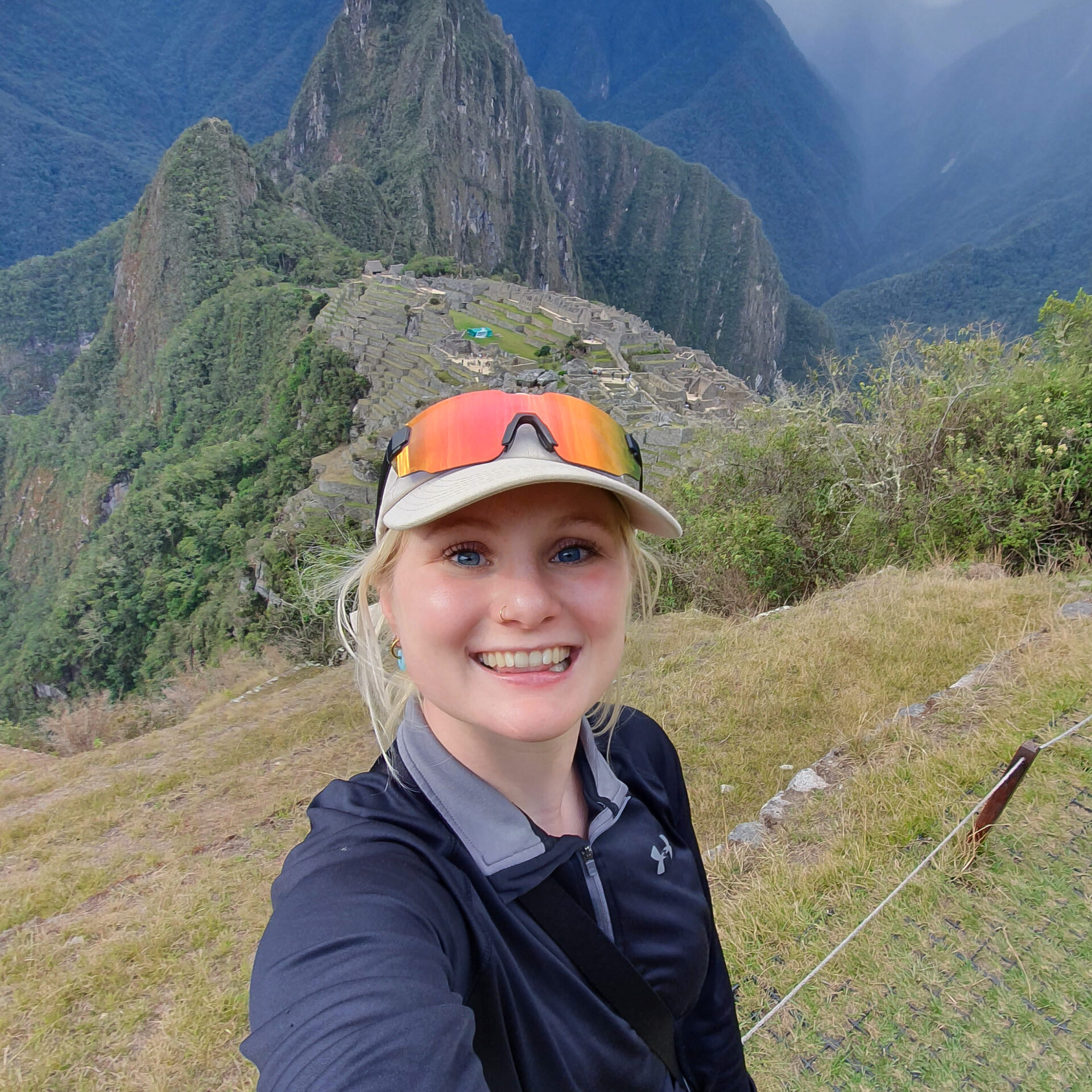
I’m a solo traveller, writer and designer. I created my blog to share the many different ways to travel the world. Learn more about me here!
Grab my Ultimate FREE Packing Guide
Travel Off Script contains affiliate links to support the running of the blog. If you make a purchase through these links, I will earn a commission at no extra cost to you. Thank you.


